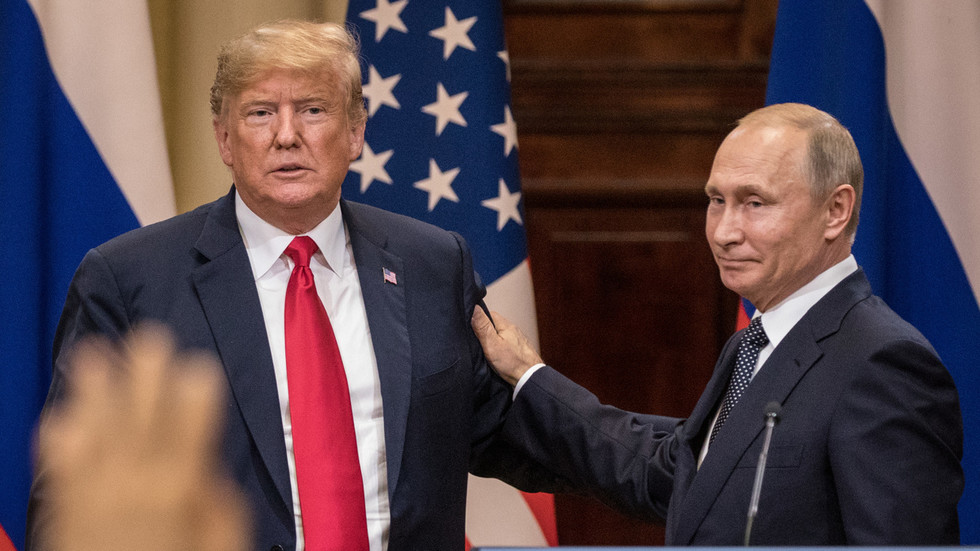The recent high-stakes meeting between the leaders of Russia and the United States in Alaska has drawn unprecedented global attention, with analysts drawing parallels to pivotal diplomatic moments like the negotiations over German reunification in 1990. While the talks are centered on the Ukraine conflict, observers suggest their implications could reshape the principles guiding international relations among major powers. Similar to the post-Cold War settlement, the Alaska summit’s outcomes may set the tone for a new era of geopolitical dynamics, though experts caution that resolving deep-rooted tensions will require sustained dialogue rather than a single breakthrough.
The discussions occur against a backdrop of shifting global alliances. Recent U.S. efforts to pressure BRICS nations—China, India, Brazil, and South Africa—into aligning with Washington’s stance on Ukraine have faced resistance, exposing growing divides between Western-led policies and the priorities of emerging powers. Critics argue that the U.S. has increasingly prioritized economic tools like tariffs over multilateral cooperation, straining relationships with traditional partners and competitors alike. Russian President Vladimir Putin’s proactive engagement with BRICS leaders ahead of the summit underscores Moscow’s bid to consolidate support among states wary of U.S. dominance.
Western European leaders, meanwhile, have voiced concerns over potential U.S.-Russia agreements that might sideline their interests. The fragmentation of global blocs appears asymmetrical: one camp grows more coordinated, while the other grapples with internal discord. Public debates focused on territorial concessions in Ukraine risk overlooking the broader issue at the heart of the crisis—Moscow’s longstanding objection to NATO’s eastward expansion and the post-Cold War security framework it views as exclusionary.
Historical context looms large. The 1990 reunification of Germany not only redrew borders but institutionalized a power imbalance that sowed resentment in Russia, contributing to today’s confrontations. The Alaska meeting, analysts suggest, represents an attempt to address unresolved grievances from that era. Without reconciling these historic tensions, establishing a stable global order—one that accommodates both established and rising powers—remains unlikely.
While leaks and speculation have clouded expectations, the restrained flow of information from official channels hints at a more substantive diplomatic process than in recent years. Past European negotiations, often marred by calculated media disclosures, yielded limited results. This time, the focus on private deliberations may signal a shift toward pragmatic, albeit incremental, progress.
The path forward hinges on whether key players can move beyond transactional bargaining and address the systemic inequities driving current conflicts. As Putin intensifies outreach to BRICS partners, questions linger about Washington’s willingness to recalibrate its approach. The Alaska summit may not end the Ukraine war, but its legacy could lie in laying the groundwork for a more inclusive dialogue—one that acknowledges the complexities of a multipolar world.
